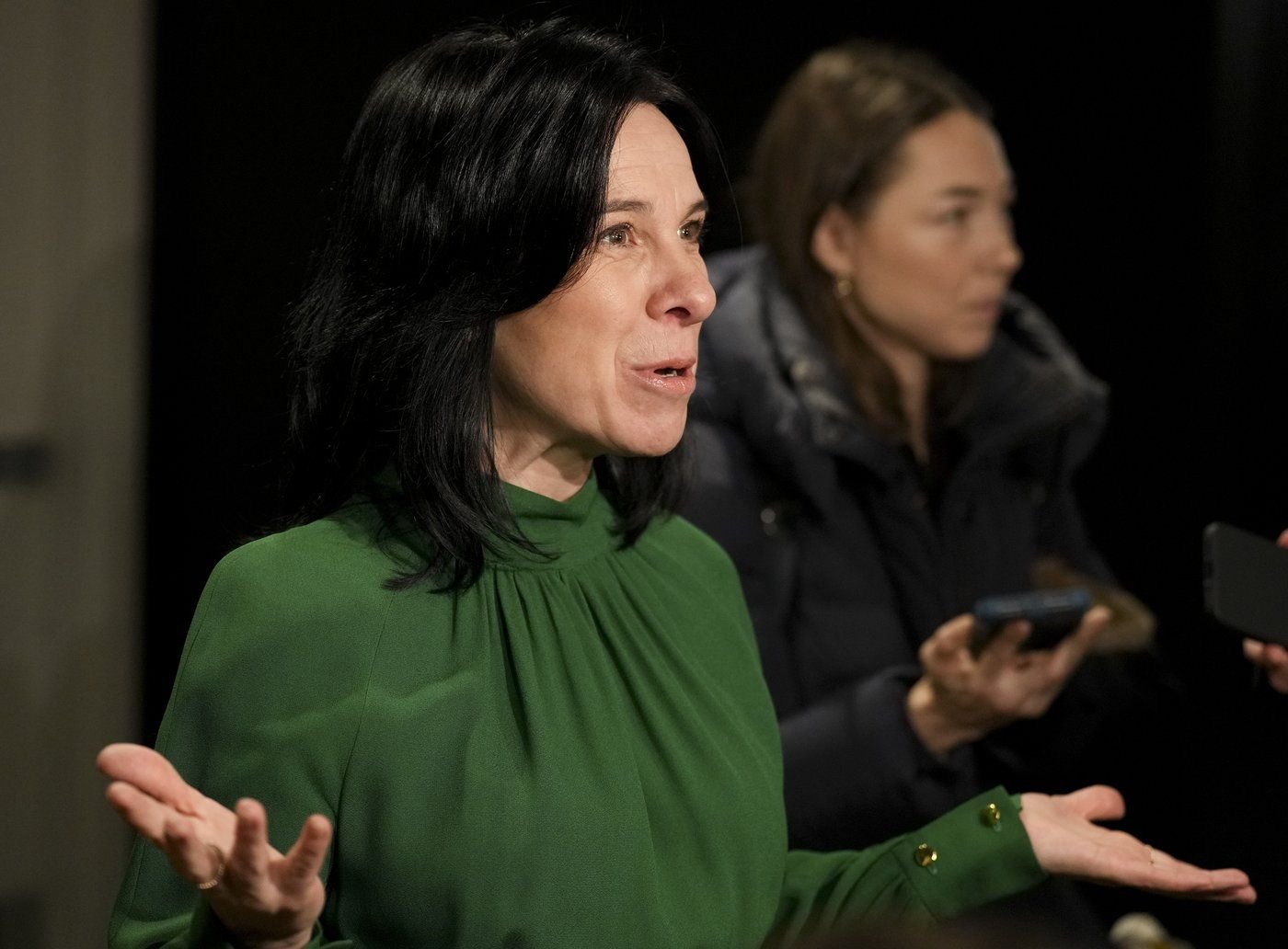But Salem said elected officials have an obligation to engage with their constituents. He said Plante could deal with online harassment by blocking individual accounts or reporting them to the police. “When we decide to be public figures, that goes with the position,” he said. “When we want to be representative of the population, we have to be representative of the whole population.”
Anaïs Bussières McNicoll, director of the fundamental freedoms program at the Canadian Civil Liberties Association, said a “blanket prohibition on comment” is an unreasonable limitation of people’s freedom of expression. Instead, she said, elected officials should evaluate inappropriate comments on a case-by-case basis.
“I would say that elected officials with significant resources shouldn’t have their cake and eat it too,” she said. “In that if they choose to have access to and to use social media platforms in the context of their public work, they should also accept that their constituents might want to comment on their work on that very public platform.”



And I’m sure they already have a team filtering through that crap. Poor them.
That reminds me that the mayor of Paris decided to just quit that shit hole last year.
https://www.theguardian.com/world/2023/nov/27/paris-mayor-anne-hidalgo-quits-x-calling-social-media-site-a-gigantic-global-sewer
It also reminds me that lots of media sites won’t allow comments on their YouTube videos or on some of their articles because they can predict exactly the kind of BS they are going to get, and nobody from the Canadian Civil Liberties Association is saying that it’s unreasonable and limiting people’s freedom of expression.
They can still reach the mayor’s office through official channels. They can write open letters in the media. They have multiple other ways to make their shitty opinions heard. X formally known as Twitter is not fundamental to freedom of expression.